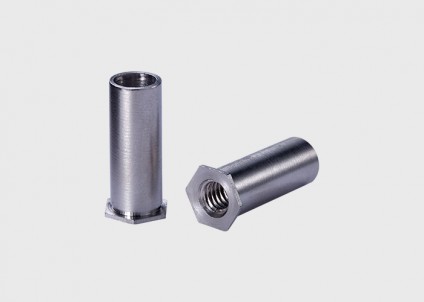We can often see blind rivet nut or other fasteners, so what are the commonly used testers for fasteners?
The most important link in the development and design of fasteners is quality control. There are several major barriers from material input to finished product shipment, and these major barriers have different inspection methods. First of all, the feed is related to appearance, size, element, performance, hazardous substance detection, etc.; process aspects are more appearance, size, percussion experiment, forging flow line; heat treatment is more appearance, hardness, torque, tension, Metallography, etc.; the surface treatment is more of some hydrogen embrittlement tests, coatings, salt spray, etc., including a hazardous substance test when shipped. In terms of size and appearance inspection, the common ones are the two-dimensional, contour measuring instrument, three-coordinate measuring instrument, and image sorting machine (this is a full-selection machine); in mechanical and chemical testing, there are mainly hardness machines (Rockwell and Vickers ), tensile tester, metallographic microscope; for material testing, there is a spectrum analyzer and salt spray tester.
The above are some testing instruments that are often used in fasteners such as countersunk head rivet nut . www.khfastener.com









